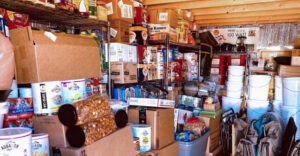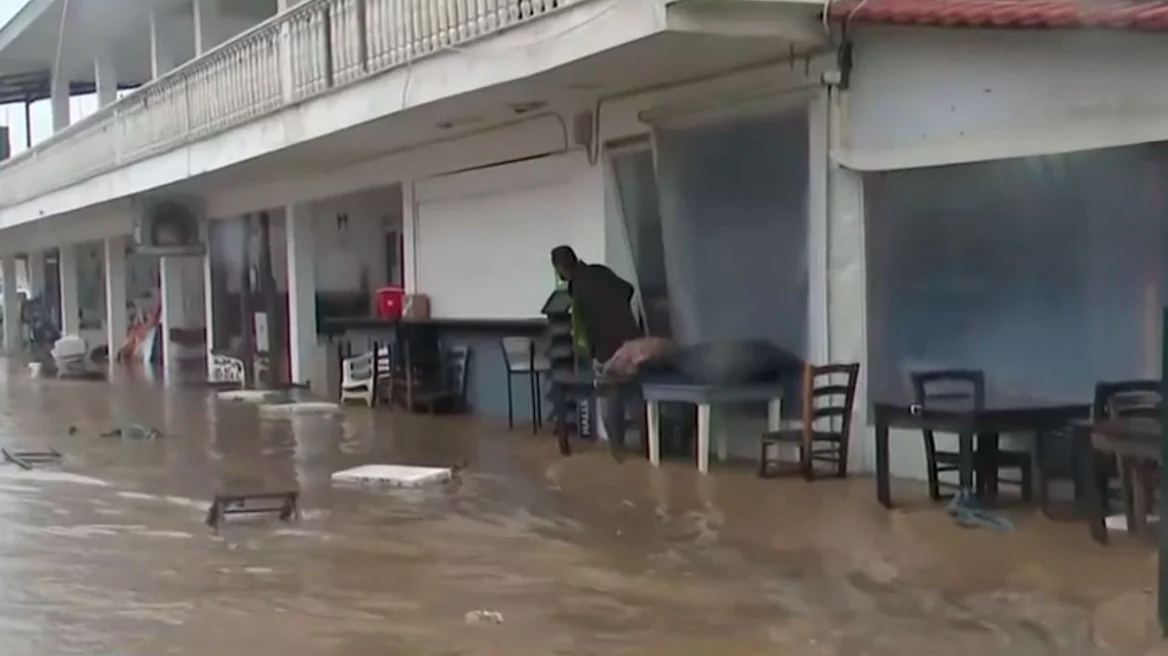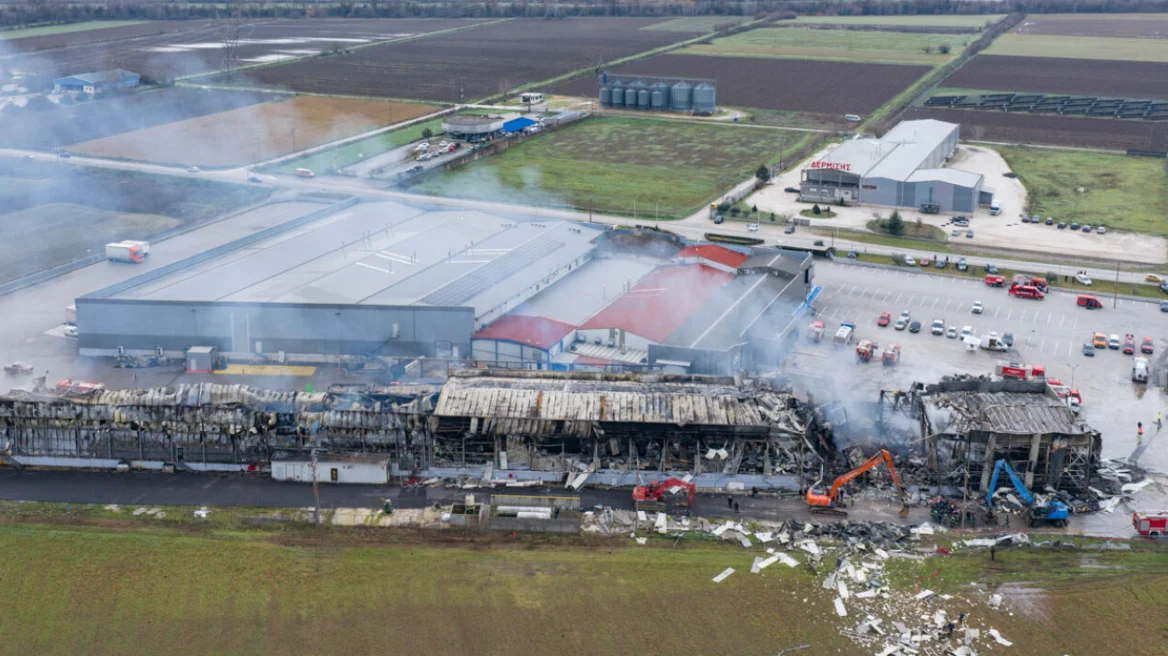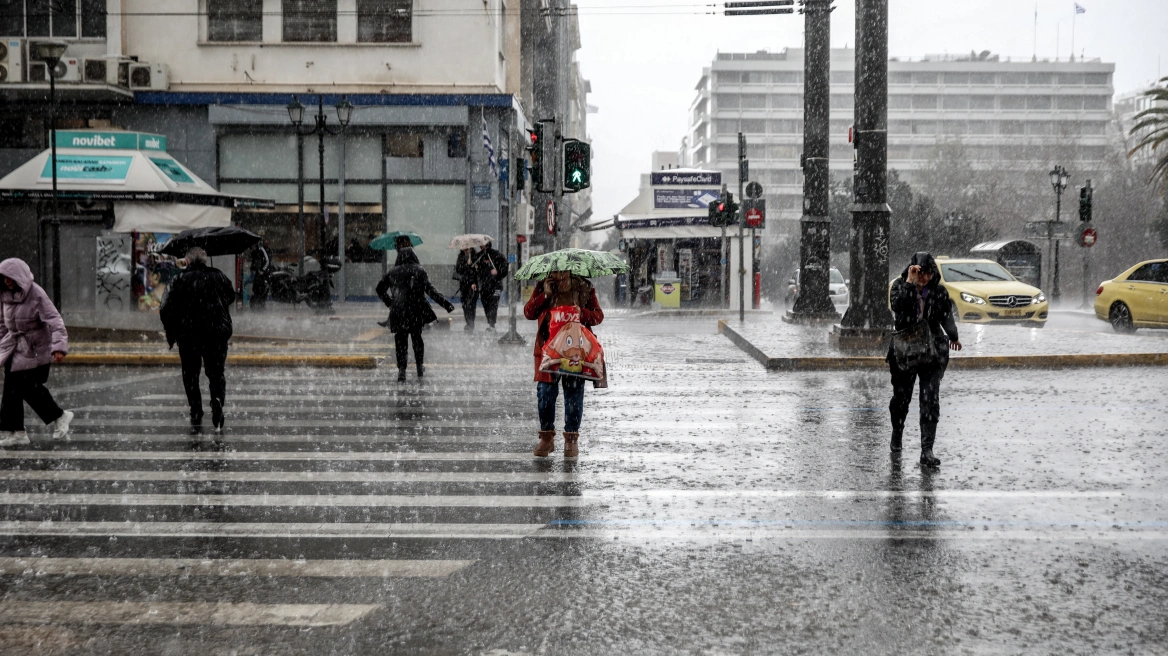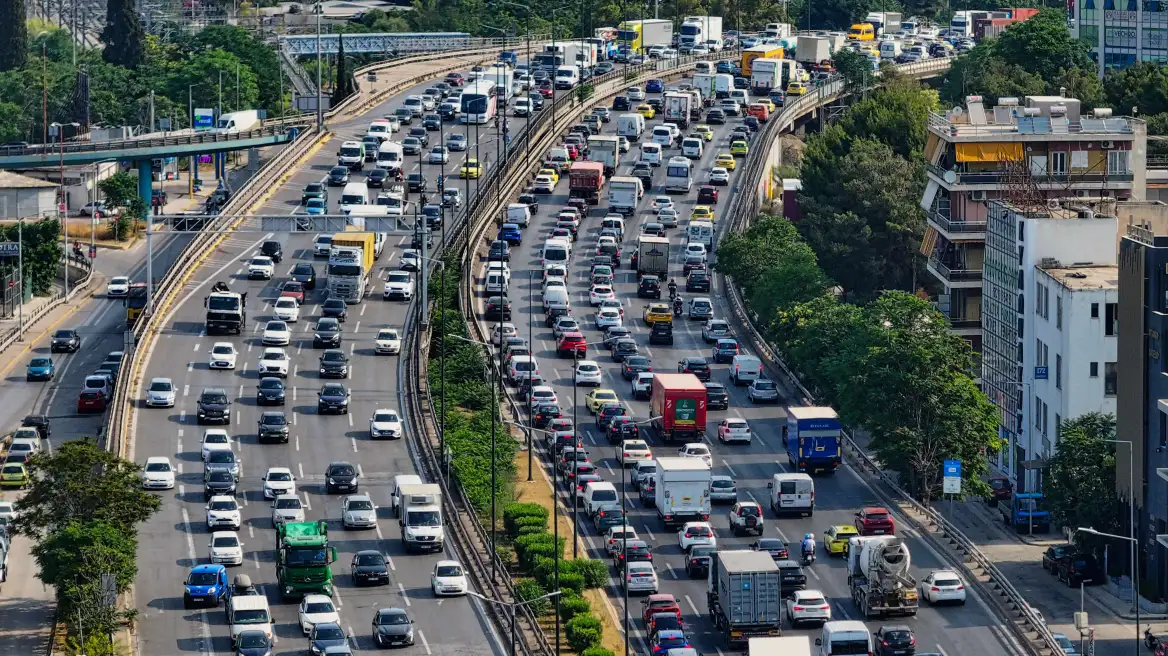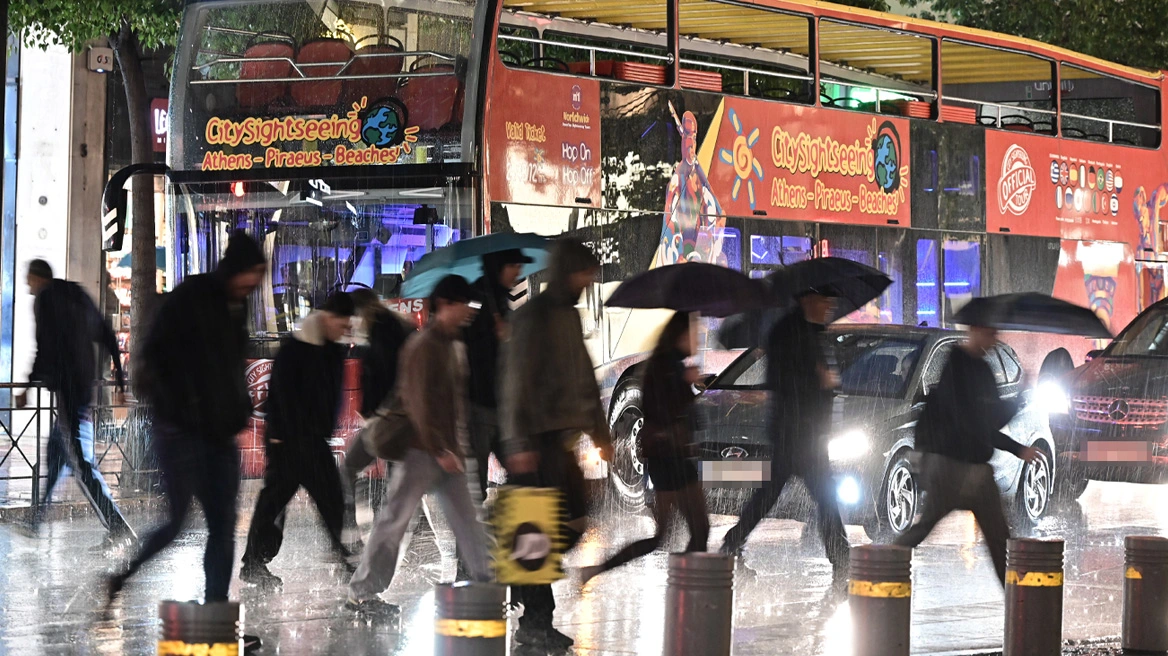The Europe‘s strategic plan for dealing with war, natural disasters or pandemics is presented today by the European Commission’s Executive Vice President Roxana Minzatou. The 17 pages of this plan, according to Politico citing the draft, describe, among other things, that “every citizen should store enough food to be self-sufficient for at least 72 hours in case of a crisis“.
“In the event of extreme disruptions, the initial period is the most critical,” the document says, listing possible scenarios ranging from war to cyberattacks and from deadly diseases to climate-induced floods.
The paper notes, however, that “none of the major crises of recent years have been isolated or short-lived.”
As Ms. Minzatou tells Politico, the message of the plan she will present is along the lines of “fix your roof while the sun shines,” adding that the Commission’s goal is “to help individuals … at the household level.
According to the 17-page plan, the EU’s EU crisis strategy should “create a secure and resilient EU with the capabilities needed to anticipate and manage threats and risks, whatever their nature or origin”.
This includes guidance to member states on “covering the storage of essential supplies, crisis planning, the availability of shelters, measures to ensure the availability of critical territories and sites”
Hostile Factors
The Commission’s plan builds on the conclusions of the Niinistö report, which put forward proposals to improve the EU’s preparedness for war and civil defence.
In fact, the document makes specific reference to the fact that “Europe should be more prepared for cyber-attacks” as, it says, state-sponsored cyber-attacks have become “a permanent feature of today’s reality”
According to Politico, a key proposal is the creation of a “European cybersecurity alert system”, which, according to the Commission’s proposal, would improve detection of threats to Europe.
The report also notes the need for companies to play an active role in preparedness, as there is a need to share information but also to participate in “strategic foresight and prevention initiatives”.
“The EU should promote cooperation between public and private organisations in strategic areas such as cybersecurity, ensuring that workforce needs and training provision are aligned,” according to the plan.
Natural disasters
Preparedness “is not just about potential man-made conflicts. It’s about how we respond to floods – we saw what happened in Spain. Many people don’t know what to do in the face of natural disasters. All of these types of crises require some set of basic skills, some understanding and knowledge about what to do first,” Ms. Minzatou explains to Politico
The Commission proposes an EU-wide stockpiling strategy to boost access to critical resources such as medical supplies, critical raw materials, energy equipment and possibly food and water as the report mentions a combination of centralized EU stockpiles with the help of member states.
The Commission aims to respond to crises through a “crisis coordination centre”, based on the existing Emergency Response Coordination Centre (ERCC).
And referring to the controversy between the increase in defence spending and issues related to the climate crisis, Ms Minzatou notes that these are two sides of the same coin.
“You cannot have defence, you cannot have a green Europe without preparedness and you cannot have preparedness by ignoring the green ambitions and green goals of the EU,” she says.
On financing, it is proposed to review the financial instruments for crisis response to ensure that these mechanisms can be expanded and adapted to evolving risks and crises.
To consolidate these measures, the Commission is considering a new legislative initiative to set standards and measurable long-term preparedness objectives.
Ask me anything
Explore related questions
